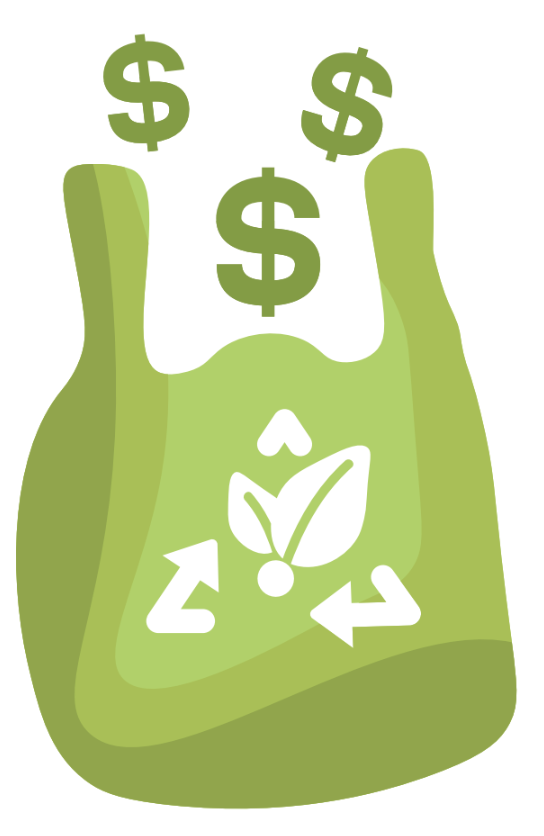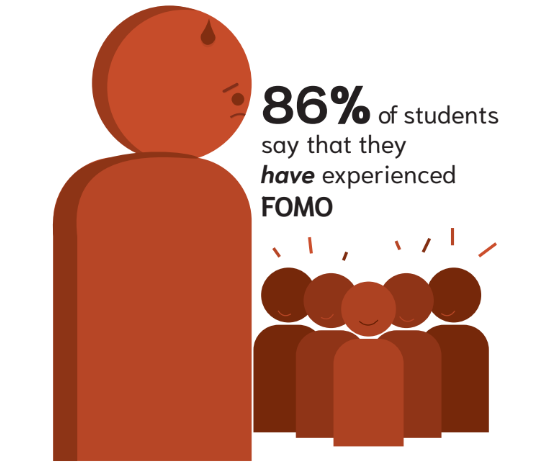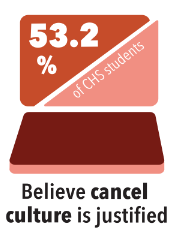The hefty cost of sustainability sets alarm bells ringing for businesses
BLOT GRAPHICS BY Z. SABRINA LIDING, CINDY LIN, KATY UMBS, KATRINA HUNG, and TIMOTHY WILBURN
Survey of 41 CHS Students from Feb. 10 to Feb. 17.
March 31, 2023
The effects of climate change have taken hits to various parts of the economy, specifically with businesses having to invest more of their earnings towards sustainability. Although sustainability protects the Earth, it is a costly way of doing business. With certain limitations on more affordable products, businesses must increase their budgets to maintain the new eco-friendly lifestyle.
The Get Past Plastic Ban, passed on May 4, 2022, prohibited all food product containers, single-use plastic bags and plastic straws in New Jersey.
Many local business owners, including Nick Hionas, owner of Meadows Diner in South Jersey, expressed that the ban has presented some financial challenges.
“Outlawing the use of plastic bags as well as styrofoam containers for leftovers is really going to cut into the restaurant’s bottom line,” Hionas said.
Although plastic bags are four times cheaper than their more expensive alternatives, they take an extreme toll on the environment. Plastic bags take many years to decompose, and they are typically burned in landfills, which then causes air pollution.
Guidance counselor Melanie Sambataro conveys her feelings about the use of plastic.
“I definitely still use plastic a lot, but I think as little as we can do, we should be doing it,” Sambataro said. “Hopefully as this becomes more normalized, uses will go down.”
In addition to eliminating multiple uses of plastic, corporations have been using recyclable materials in their products and creating initiatives to directly combat climate change.
Nike, for example, began the Move to Zero campaign in 2019, which is their journey to zero carbon and zero waste to protect the environment and the future of sport. According to the company, this campaign reduced Nike’s carbon footprint by 30%.
In this effort, Nike began using more recyclable materials. However, the new supplies are more costly then those previously used inventory.
According to Wanderlust Blog, sustainable materials are usually two to three times more expensive than new fabrics. Eco-friendly products take more time to produce, which in turn is more money that a company must spend. On average, large corporations and small businesses are spending about 75% to 80% more money on environmentally friendly products than they would on traditional materials, according to the Minimalist Vegan, and the increase in prices for making a product causes a consumer to pay more.
Programming and web design teacher Laura Gesin used to be vegan and still shops vegetarian at stores such as Whole Foods and Aldi. Gesin describes how the environmentally sustainable, organic prices are less affordable.
“The price increase makes it harder for families to shop sustainably,” Gesin said.
Gesin continued, “There should be more sustainable options everywhere, even if it goes into subsidizing some of the places to go to a more urban area. That would be a great move towards sustainability in general.”














